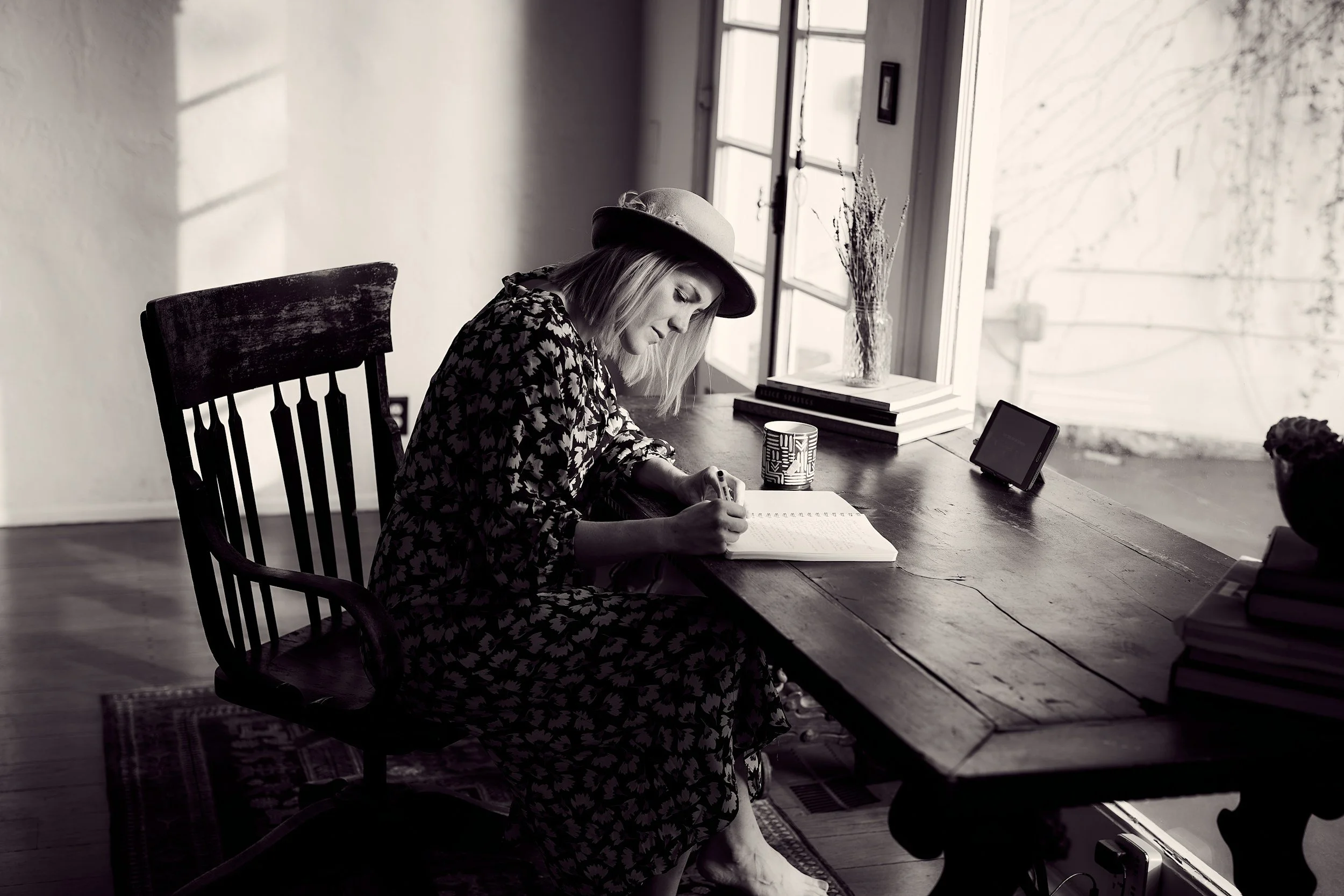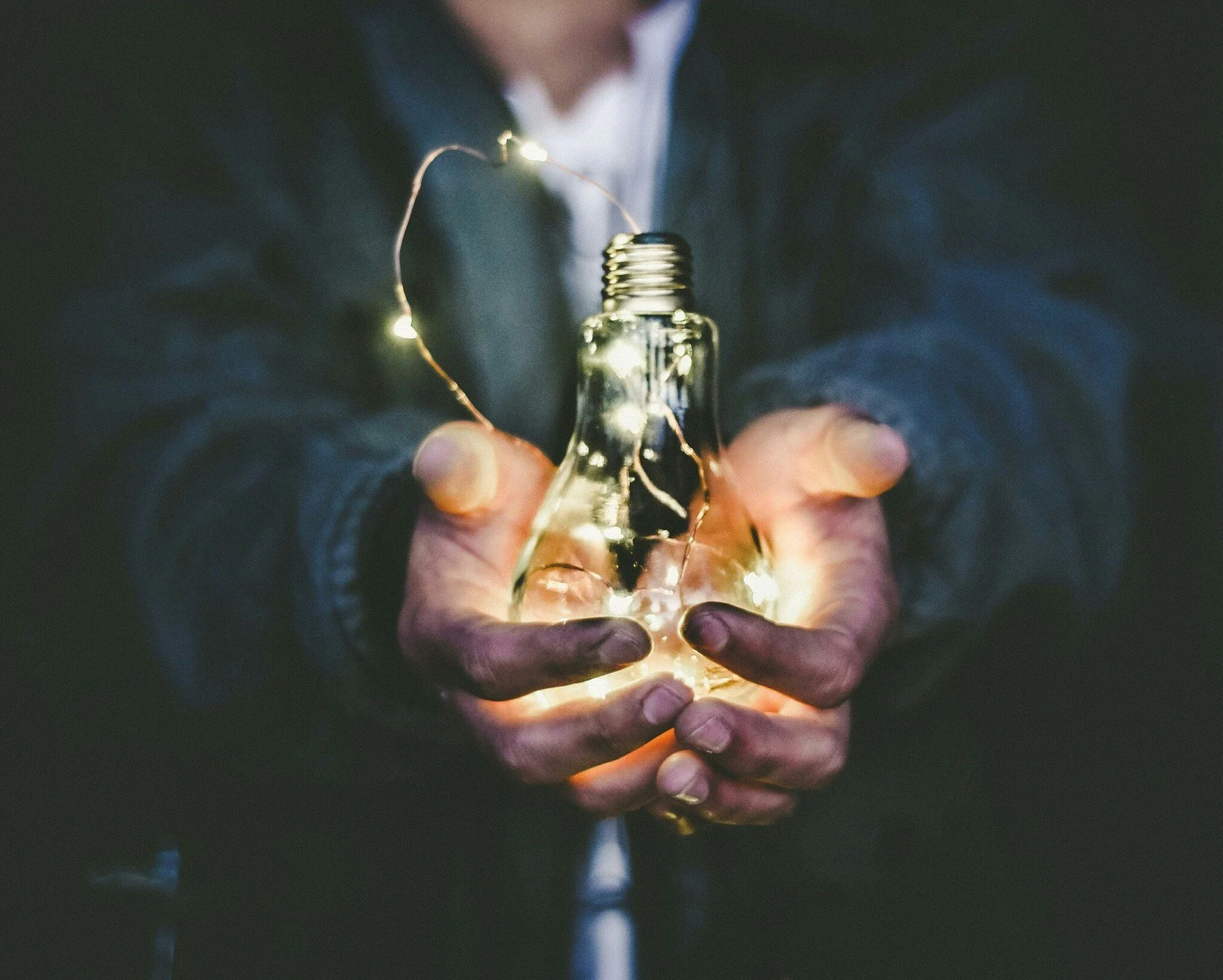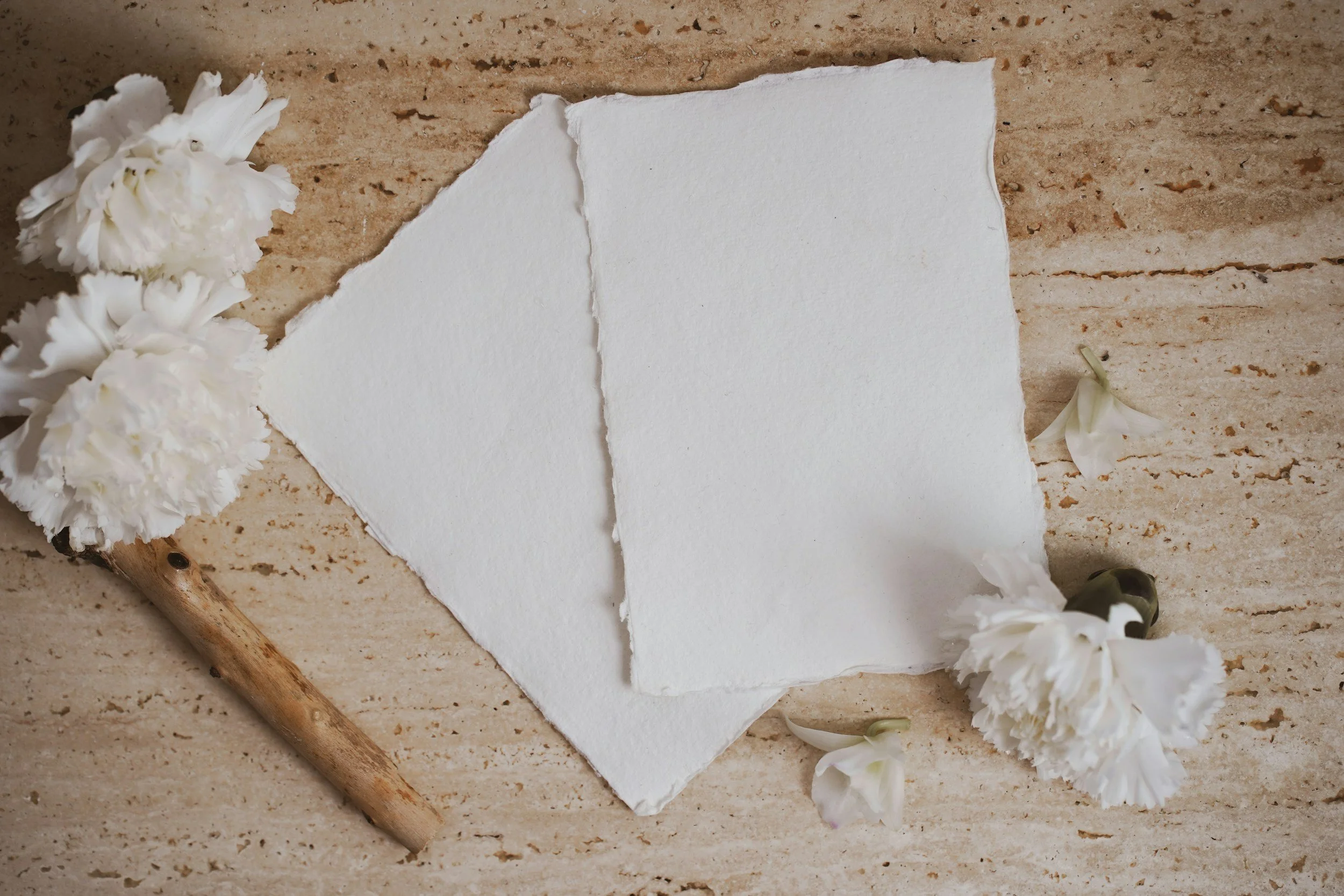Flow Interrupted: Returning to Optimal Experience
You’ve all felt it at some point: that state where time dissolves, self-consciousness fades, and you're completely immersed in what you're doing. You’re not just productive—you’re alive. Depth psychologist Mihaly Csikszentmihalyi called this “flow,” the optimal state of consciousness where we perform and feel our best.
“the state in which people are so involved in an activity that nothing else seems to matter; the experience itself is so enjoyable that people will do it even at great cost, for the sheer sake of doing it.”
But for many of us—especially creatives, sensitives, and trauma survivors—this state can feel elusive. Why is that?
Trauma Culture Disrupts Flow
We live in what some have called a trauma culture—a collective environment shaped by chronic stress, disconnection, systemic oppression, and an overemphasis on performance and productivity over presence and process.
In trauma culture, stillness is suspicious. Creativity is commodified. Emotions are pathologized. Intuition is dismissed. The nervous system is constantly braced for danger.
Trauma—whether personal, collective, or intergenerational—pulls us out of our natural rhythms. It fragments our attention, tightens our bodies, and surrounds us with internal protectors (to borrow from Richard Schwartz's Internal Family Systems model) who work overtime to keep us "safe" from the vulnerability that creativity requires.
In this context, flow doesn’t just feel rare—it can feel dangerous.
The Artist’s Way Back
“Art is an act of the soul, not the intellect.”
The Artist’s Way by Julia Cameron is a book written to help people reconnect with their inner artist by overcoming self-doubt, fear, and creative blocks. Blending spirituality and psychology, the book guides readers in reclaiming creative flow through self-reflection, play, and a deepening trust in their inner voice.
Trauma conditions us to live in our heads—hypervigilant, perfectionistic, and cut off from the wellspring of inspiration. Cameron’s approach to healing creativity isn’t just about making art—it’s about reclaiming connection to the self.
Her practices like Morning Pages and Artist Dates create space for re-attunement—to your own thoughts, desires, and playfulness. This is exactly what’s needed to begin shifting out of trauma’s grip and back toward flow.
Internal Family Systems: Befriending the Inner Blockers
In Internal Family Systems (IFS), our minds are composed of parts—inner subpersonalities like the Inner Critic, the Perfectionist, or the Avoider. These parts aren't trying to sabotage us. They developed in response to pain, shame, and unmet needs. Below are some examples.
A Perfectionist part might interrupt your creative flow by insisting that nothing you write is good enough.
An Inner Critic might shame you the moment you enter vulnerability.
A Distractor part may keep you “busy” to avoid the feelings that arise in stillness.
The key is not to push these parts away, but to turn toward them with curiosity and compassion. When we do, we access what IFS calls the Self—a calm, confident, connected core that can facilitate healing and, yes, flow.
Jung: Flow as the Unfolding of the Psyche
Carl Jung, founder of depth psychotherapy, believed the psyche has a natural tendency toward wholeness. When we repress aspects of ourselves—the creative, the intuitive, the chaotic—they don’t disappear. They go underground, into what Jung called the shadow.
Reclaiming flow, then, isn’t just about better time management or "hacking" your brain. It’s a process of integration. Of bringing the exiled parts of the self—often the most imaginative and alive—back into conscious relationship.
Five Ways to Get Back into Flow: Trauma-Informed Steps
If you feel disconnected from your creativity or flow state, it’s not a personal failure. It’s likely a survival adaptation. Below are some gentle ways to begin returning to flow.
Slow down your nervous system. Practices like breathwork, somatic tracking, co-regulation with a safe other, or time in nature can help shift your physiology out of fight/flight/freeze.
Get to know your inner parts. Use journaling or parts mapping to identify which parts show up when you try to create. What are they afraid of? What do they need? Depth psychotherapy for personal growth can be helpful.
Reclaim play and ritual. Flow thrives in play, not pressure. Unstructured time, morning pages, movement, or creating without a goal can reawaken creative energy.
Honor your rhythms. Trauma culture pushes uniform productivity, but flow follows your internal cycles. Track your energy, respect rest, and notice when you feel most alive.
Seek relational healing. Whether through therapy, community, or creative circles, safe connection with others supports co-regulation—essential for accessing deeper states like flow. The Artist’s Way Workshop offers a supportive group focused on discovering and recovering your Inner Artist.
An Invitation to Return
Flow isn’t a rare gift for the few—it’s a natural state that belongs to all of us. It may get buried under layers of trauma, fear, or self-protection, but it never disappears.
Flow isn’t just about peak performance. It’s about presence. It’s the deep, quiet joy of being fully engaged—with no need to impress, achieve, or escape. In flow, we’re not fragmented by self-doubt or consumed by outcome. We’re simply here, immersed in what we love.
But trauma disrupts our access to this state. It fills the inner space where flow might emerge with protectors, fear, or vigilance. It teaches us that ease is unsafe and joy is suspicious. That we must earn rest, prove our worth, or stay on guard.
Healing begins when we gently question that conditioning. With care, curiosity, and the right support, you can reconnect with that deep inner rhythm—the part of you that knows how to create, play, and feel fully alive.
Curious about reclaiming your creativity and flow? Rezak Therapy offers trauma-informed therapy for creatives, sensitives, and seekers in Pasadena and online across California. We also facilitate group workshops in The Artist’s Way twice a year, to work through Julia Cameron’s life-changing book. Reach out for a free consultation to explore how our workshops and/or individual depth psychotherapy can help you reconnect with your Self—and your creative spark.




